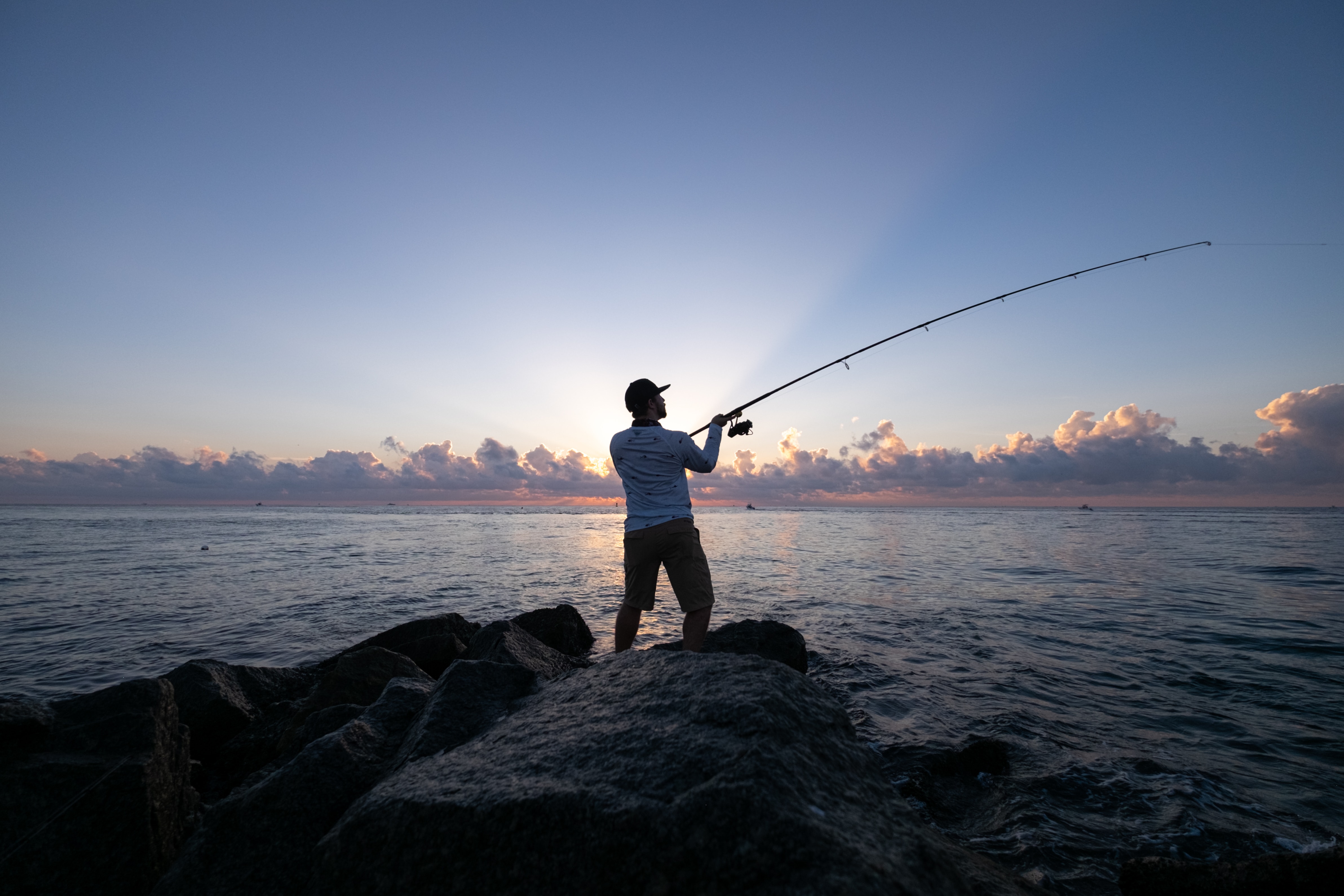News release
From:
High-resolution app data reveal sustained increases in recreational fishing effort in Europe during and after COVID-19 lockdowns
COVID-19 pandemic slowed down human activity and, occasionally, allowed nature to recover. Recreational fishing, which in Europe involves nearly 10% of people, however, has likely increased, although estimates remain uncertain. This study analysed four years of anonymous high-resolution data from a popular fishfinder device in four European countries to assess how fishing activity changed during and after the COVID-19 lockdowns. It reveals that during the lockdowns fishing activity approximately doubled and generally remained higher even after the lockdowns. Such large increase in recreational fishing helped to maintain human well-being and local economies, but likely had large impacts on fish populations.



 Australia; International; TAS
Australia; International; TAS



